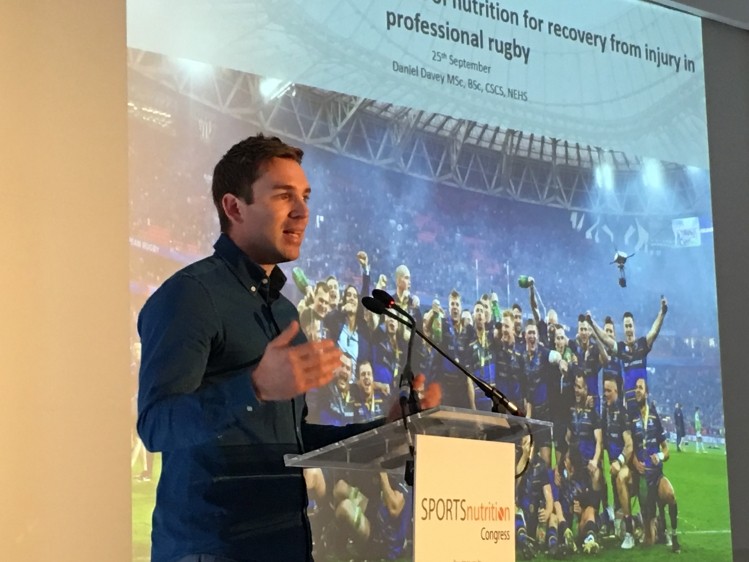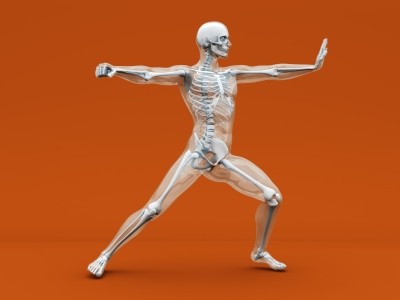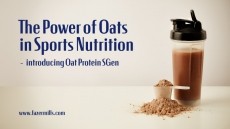When tough guys get hurt: Nutrition is 'critical' to sports injury recovery

Daniel Davey, senior performance nutritionist for Dublin Senior Football and Leinster Rugby, told attendees of the event on Tuesday (24th September) that he is more involved in athletes’ recovery plans than ever before as clinicians recognise diet’s huge effect on physical and mental health.
“A nutritionist will always be involved in medical team meetings,” he explained.
“They see my role as being more important now. It is understood that a player’s diet can have a huge impact on his timeline of recovery.”
Davey has used nutrition plans to cut recovery time by months. He and the athletes admit that much of this is down to the psychological benefit of having clear diet targets.
“Having nutritional plans are critical to recovery physiologically and psychologically. Specific diet targets are essential as athletes like to work to clear targets.”
Dietary needs vary depending on the injury. For example, Davey says anything muscle related will require protein and HMB, whilst a bone injury requires vitamin D and calcium and ligament issues need collagen, gelatin and vitamin C. Of course, probiotics are used when antibiotics are taken and omega 3 is used to manage inflammation.
When to cut calories
Davey revealed other key diet tips.
“In the past there has been a tendency for athletes to cut the carbs in order to stay lean. This leads to a deficit in energy, which has significant consequences.
“I will curb carb intake around the middle of their healing period but I never start in the first couple of weeks as it’s crucial to consume sufficient calories during this period. I place a lot of importance on protein intake – usually these athletes need 2-2.5grams of protein per kg of body mass in order to maintain their body mass. But I also set them out a specific food guide for their breakfast, lunch and dinner to ensure they are getting an even distribution of protein intake throughout the day.”
Taste is king
In terms of what manufacturers can do to help Davey in his work, he said it’s all in the flavour.
“If something tastes good that makes my life much easier as they will want to eat it and they will talk about it and it will become part of their routine. If you can make your products taste good, that makes my life easier.”













